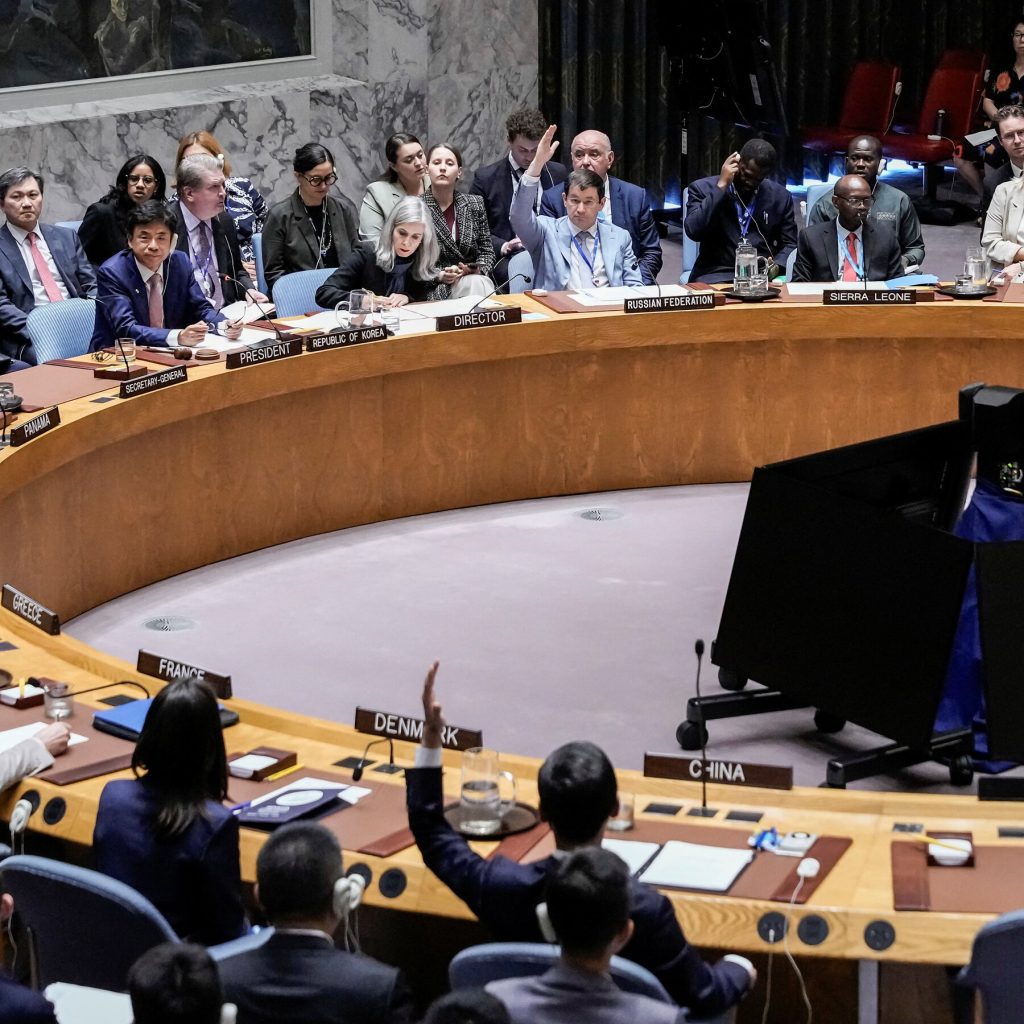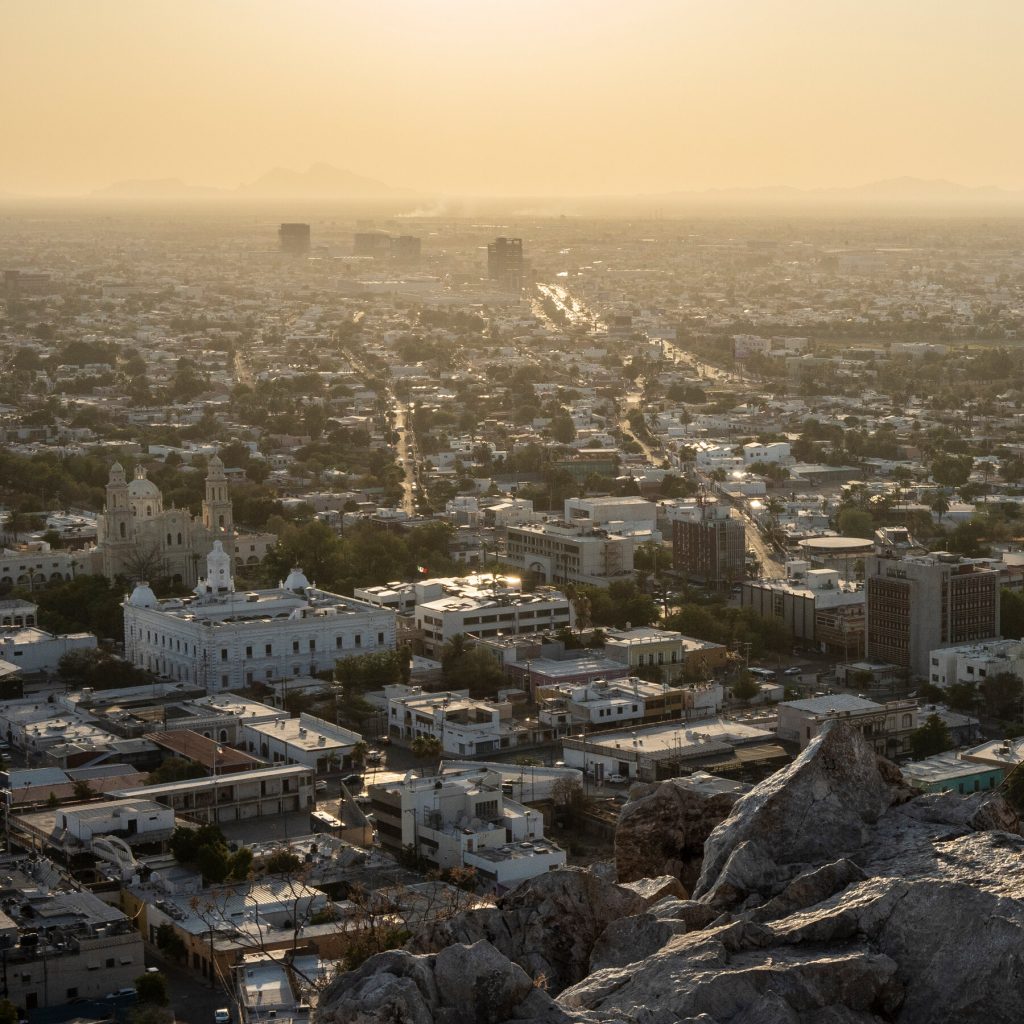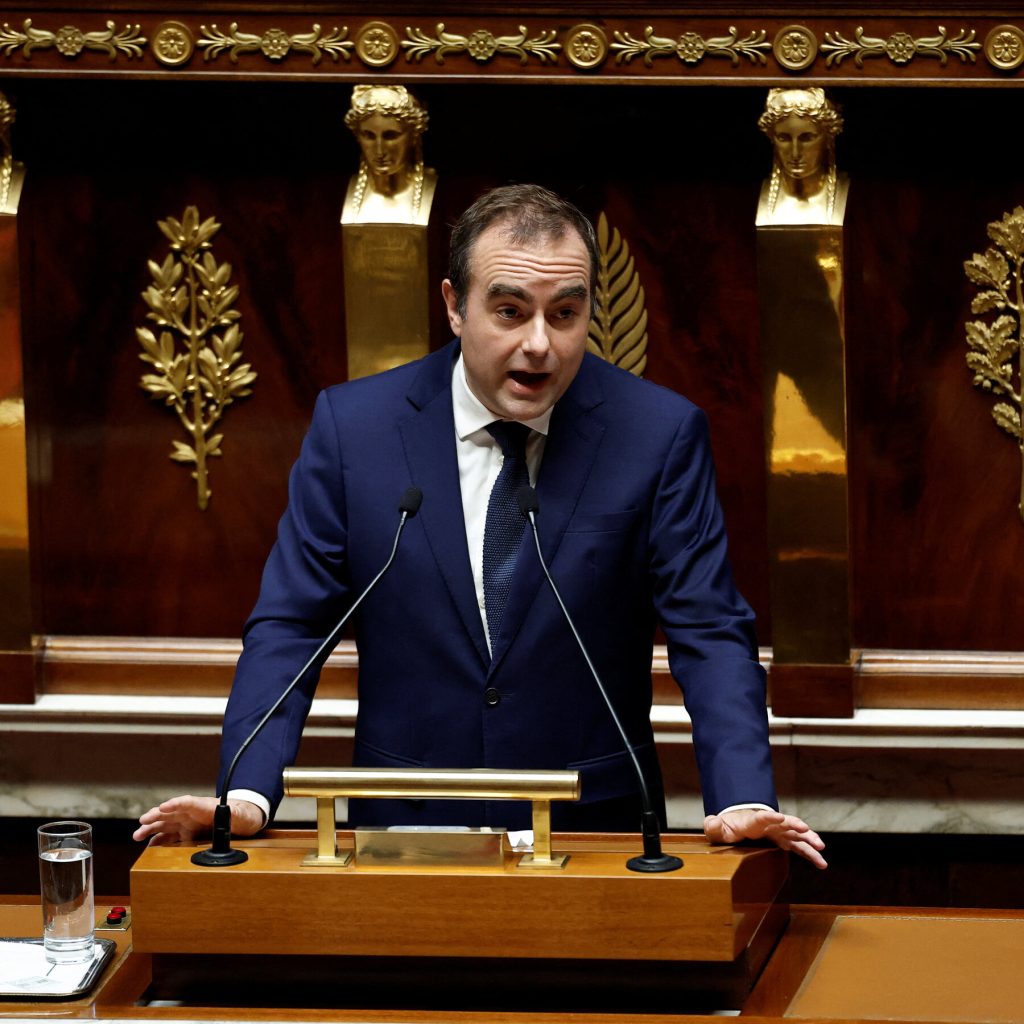The Global Climate Leadership Vacuum
U.S. Absence at the UN Climate Talks in Brazil
As the United Nations convened its most critical climate negotiations this year in Brazil, the United States remained conspicuously absent. Diplomatic sources confirm that no senior American officials attended the plenary sessions, and the U.S. delegation was reduced to a handful of technical observers. The decision has sparked widespread criticism from environmental groups and allied nations, who argue that the United States’ silence undermines global momentum on carbon‑reduction commitments.
Who Is Stepping In?
In the vacuum left by Washington, several other countries have begun to assume a more prominent role:
- European Union – The EU presented a comprehensive “Green Deal” roadmap, pledging additional funding for renewable‑energy projects in developing nations.
- China – Beijing announced a new suite of climate‑finance mechanisms aimed at supporting low‑carbon infrastructure across the Global South.
- Brazil – As host, Brazil took the stage to propose a regional “Amazon Preservation Pact,” seeking to protect the rainforest while encouraging sustainable agriculture.
- Small Island Developing States (SIDS) – Nations such as Maldives and Fiji delivered powerful speeches, urging immediate action to avert sea‑level rise.
Implications for Global Climate Governance
The shift in leadership highlights a growing multipolar landscape in climate diplomacy. While the United States continues to grapple with domestic political gridlock, other powers are eager to fill the gap, each promoting their own strategic priorities. This diversification could lead to more innovative financing solutions, but it also raises concerns about coordination and the risk of fragmented policies.
What Comes Next?
Analysts warn that the United States’ continued disengagement may erode its influence over future climate agreements. “If the U.S. does not re‑engage soon, it risks being sidelined from the very decisions that will shape the next decade of climate action,” says Dr. Elena Ramirez, a senior fellow at the Global Climate Institute.
Meanwhile, the momentum built in Brazil is expected to carry forward into the next UN Climate Conference (COP30), where the spotlight will be on how these emerging leaders can sustain cooperation and deliver tangible emission‑reduction results.





ABD’nin bu tavrı gerçekten şaşırtıcı. İklim değişikliği konusunda dünya liderliği yapmak yerine kenara çekilmesi çok kötü bir sinyal gönderiyor.